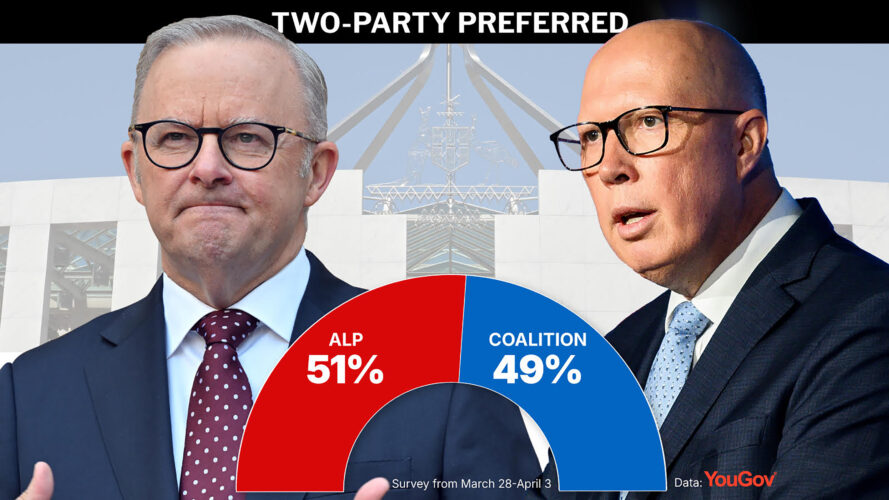Peter Dutton has also switched up how the Coalition is going to achieve the 41,000 people it wanted to sack from the public service – it is no longer going to be by direct sackings, apparently, but through natural attrition (not replacing people who have decided to leave)
The community and public sector union have done some numbers on that:
A freeze on filling public service roles for 5 years is likely to exceed the 41,000 already on the chopping block.
The union says this reckless approach will hollow out essential services and leave millions of Australians worse off.
The latest iteration of Peter Dutton’s public service cuts would also have a disproportionate impact on frontline services where there tend to be higher staff turnover rates. (Based on current agency attrition rates.)
- Services Australia would lose 12,500 jobs or 42% of staff over 5 years.
- The Department of Veterans Affairs would lose almost 1,000 jobs or 27% of staff over 5 years.
- The NDIA would lose 2,070 jobs, or 21% of the agency, over 5 years.



Loading form…